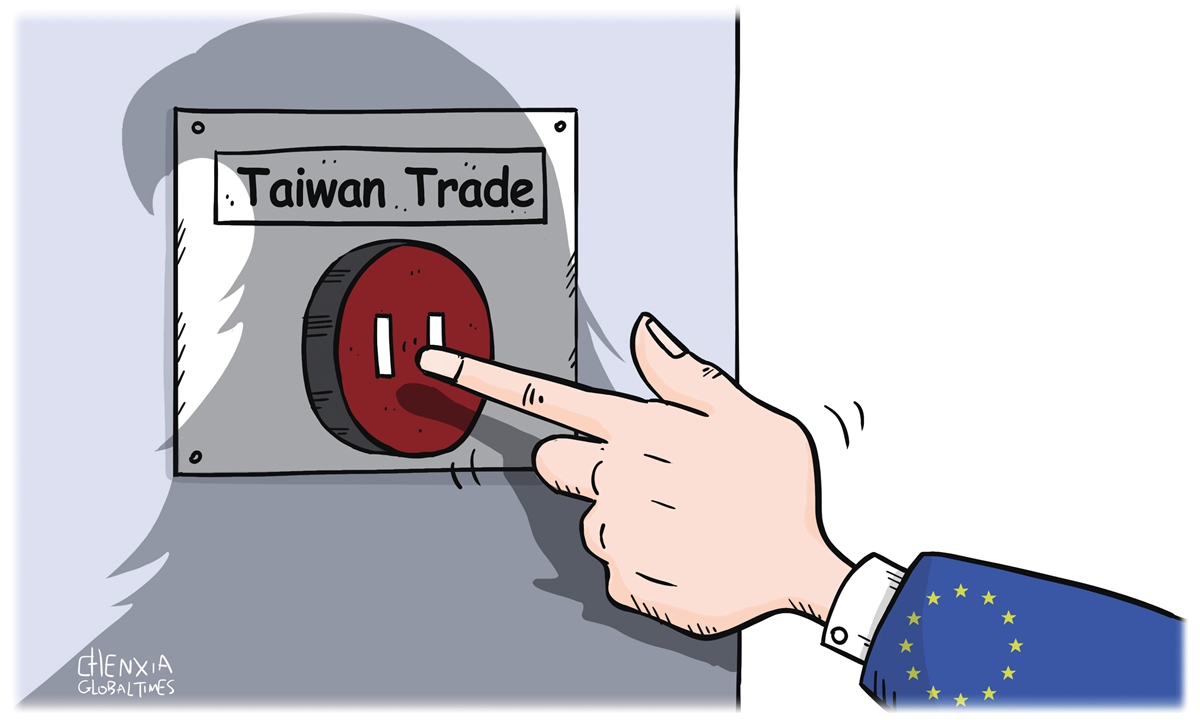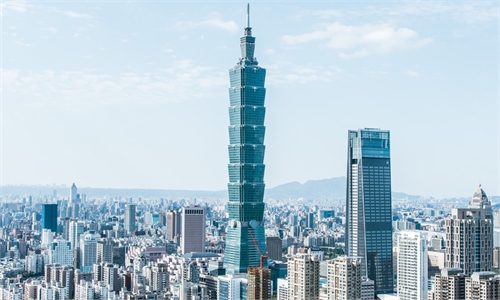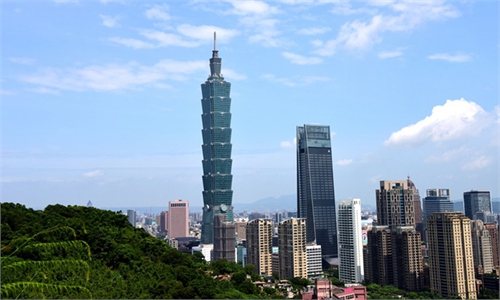
Illustration: Chen Xia/GT
The European Union has postponed a confidential plan to upgrade its trade ties with Taiwan, in a sign of internal uncertainty over how to balance ties with the Chinese mainland and Taiwan, according to a report by South China Morning Post. This move is being driven by two reasons, one of which is the current easing bilateral relations between China and the US. Despite the EU always stresses strategic autonomy, it is well aware of the inevitable influence of the US in its relations with China, as the EU has to lean toward the US amid China-US tensions and pull back the close relationship with Washington if the top two largest economies show a relatively tame attitude toward each other.The EU is unlikely to light a powder keg by upgrading trade relations with Taiwan, being afraid of irritating the Chinese mainland and inviting trouble, especially after the three-hour virtual meeting between Chinese President Xi Jinping and US President Joe Biden and the US reaffirmed that it does not support "Taiwan independence." The EU seeks to profit from the continued China-US rivalry rather than being used as a cat's paw in the fight.
Another reason is the divergences within the EU. Member states are uncertain whether the benefits of an upgraded partnership between the EU and Taiwan outweigh the disadvantages it will bring. In terms of supply chains, countries with semiconductor demands, for example, would be more interested in strengthening substantive cooperation with Taiwan. Other countries such as Lithuania are more ideologically motivated to put pressure on China by fawning on the US. Diverse interests and demands result in a difficulty forming a unified opinion on China within the EU.
The inevitable influence of the US on the EU is rooted in the inextricable links between the two sides on security, in particular the US-led NATO system. The US wants to keep the EU in its orbit. An obedient, rather than united Europe is more in line with the interests of the US.
From the perspective of the EU, the bloc is in lack of sufficient capabilities in the field of security to be fully independent from the US. Furthermore, the bloc is reluctant or unprepared to bear various costs and risks alone. The lack of solidarity is another factor preventing the EU from realizing strategic autonomy.
Some member states have constantly complained about the dominance of France and Germany in the EU, as their interests differ from those of smaller member states. Take Central and Eastern European countries (CEECs) as an example. They tend to regard the EU as not reliable in satisfying their demand on security. As a result, they would like to seek assistance from the US, making it impossible to realize strategic autonomy for the bloc.
According to the SCMP report, EU lawmakers as well as some governments and officials in the CEECs including the Czech Republic, Lithuania and Slovakia have long been determined to place the Taiwan question firmly on the EU agenda. Lithuania, in particular, has repeatedly prodded the Taiwan question.
In Europe, though some people are far from satisfied with the US, many tend to view the US as predictable and reliable, while they see China as a major power with great potential and prospects on development. Lithuania as well as its practices is not the mainstream in the EU. As many European countries are still willing to cooperate with China, we should have confidence in China-EU relations.
The author is a professor at the School of International Relations of Beijing Foreign Studies University. opinion@globaltimes.com.cn


